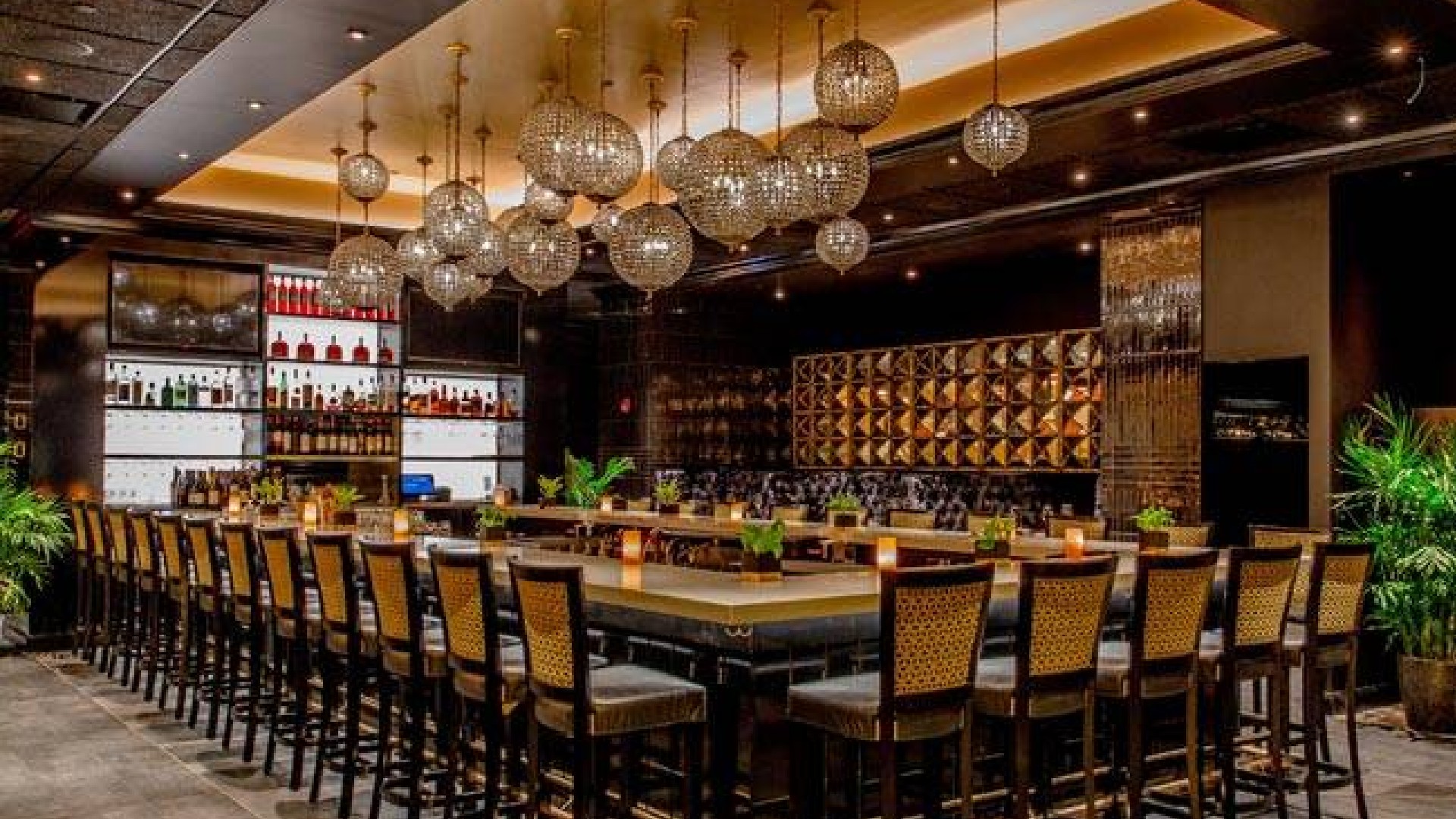Eating out can burn a hole in your pocket with all the extra charges and taxes. But here’s the thing. Taxes are mandatory but you can decide to pay or not to pay the service charge based on the service of the restaurant. And while many restaurants affirm that service charge is mandatory, The National Restaurants Association of India said that customers are free to not eat at a restaurant if they do not want to pay the service charge. Here’s a break-down of restaurant bills to help you understand what you’re paying for, and avoid being overcharged.
1. Service Charge
Please note this. Restaurants cannot legally enforce service charge as service charge is not a tax. The amount that restaurants charge you as a service fee is entirely at their own discretion. Most restaurants typically charge a 10% service charge and it is often mentioned in the menu. So be sure that you look the menu up online before you pick a restaurant for dining.

2. Service Tax
This is the tax charged on the services provided by the restaurant. To avoid unnecessary complications government has bifurcated the service portion and food portion and charge taxes accordingly. But be sure that read the bill and ask the staff before paying.
3. Value Added Tax
Have you ever wondered why dining in Mumbai is a tad bit more expensive than in other cities? It is because the VAT rate varies across states. The VAT also depends on what you order. Unlike liquor, the VAT rate for food and non-alcoholic beverages is not the same.

4. GST
The rates under GST are vastly different than what you would find before. Restaurants can charge a GST of 5% irrespective of whether it is air-conditioned or not. However, there’s one clause that can make you pay 18% tax on eating out. If a restaurant is located within the premises of a hotel, guest house, club, or any place meant for residential or lodging purposes, the tax will be 18%.
Sometimes, restaurants levy service tax on the service charge. But a restaurant can charge you VAT only on food and beverages. The next time you eat out, make sure that VAT on service charge is not added to your bill.
